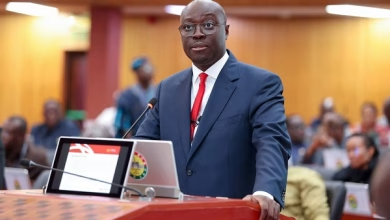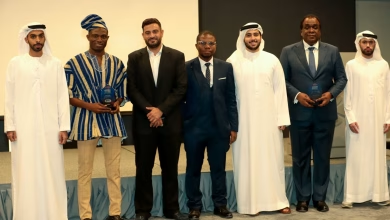“Ghana’s artisanal industry in danger”

- Ghana's artisanal gold mining industry faces significant challenges.
- Environmental and health problems persist due to informal and unregulated practices.
- Government prioritizes large-scale mining companies over artisanal miners.
- Industry's future uncertain, requiring collaborative effort for sustainability.
Ghana’s artisanal gold mining industry is facing significant challenges, with many industry stakeholders expressing concerns about the sector’s future. Artisanal gold mining, also known as small-scale gold mining, has been a vital part of Ghana’s mining industry for decades, providing employment and income for thousands of people, particularly in rural communities.
However, the industry is facing numerous challenges, including environmental degradation, health risks, and a lack of effective regulation. The absence of secure rights for miners and communities, as well as inadequate legal frameworks, has exacerbated these problems. As a result, the industry is in danger of collapsing, with severe consequences for the livelihoods of those dependent on it.
One of the primary motivations for community members to engage in artisanal gold mining is the lack of alternative employment opportunities. Many individuals, particularly in rural areas, see artisanal gold mining as a means of generating income and supporting their families. However, the industry’s informal nature and lack of regulation have led to significant environmental and health problems.
The environmental impacts of artisanal gold mining are well-documented, with the use of toxic chemicals such as mercury and cyanide causing water pollution and soil contamination. This has severe consequences for local ecosystems and human health, particularly for communities living near mining sites. The health risks associated with artisanal gold mining are also significant, with miners often working in hazardous conditions and being exposed to toxic chemicals.
Despite these challenges, the Ghanaian government has been criticized for its lack of effective regulation and support for the artisanal gold mining industry. The government has been accused of prioritizing the interests of large-scale mining companies over those of artisanal miners, leading to a lack of investment in the sector and inadequate protection for miners and communities.
The emergence of foreign investors, particularly from China, has also had a significant impact on Ghana’s artisanal gold mining industry. While some foreign investors have brought much-needed capital and expertise to the sector, others have been accused of engaging in illegal mining activities and exploiting local communities. This has led to tensions between foreign investors and local miners, as well as concerns about the environmental and social impacts of their activities.
The Ghanaian government has attempted to address some of these challenges through the introduction of new regulations and policies. However, these efforts have been met with resistance from some industry stakeholders, who argue that the regulations are too restrictive and will drive artisanal miners out of business. The government has also been criticized for its lack of effective enforcement of existing regulations, allowing illegal mining activities to continue unchecked.
The future of Ghana’s artisanal gold mining industry remains uncertain, with many industry stakeholders expressing concerns about the sector’s long-term viability. While some efforts have been made to address the challenges facing the industry, more needs to be done to ensure the sector’s sustainability and protect the livelihoods of those dependent on it.
The Ghanaian government must take a more proactive approach to supporting the artisanal gold mining industry, including investing in training and capacity-building programs for miners and providing adequate protection for miners and communities. The government must also address the environmental and health impacts of artisanal gold mining, including the use of toxic chemicals and the rehabilitation of mined land.
Ultimately, the survival of Ghana’s artisanal gold mining industry depends on the ability of industry stakeholders to work together to address the sector’s challenges and ensure its long-term sustainability. This will require a concerted effort from the government, industry stakeholders, and local communities to protect the livelihoods of those dependent on the industry and ensure that Ghana’s natural resources are managed in a responsible and sustainable way.






